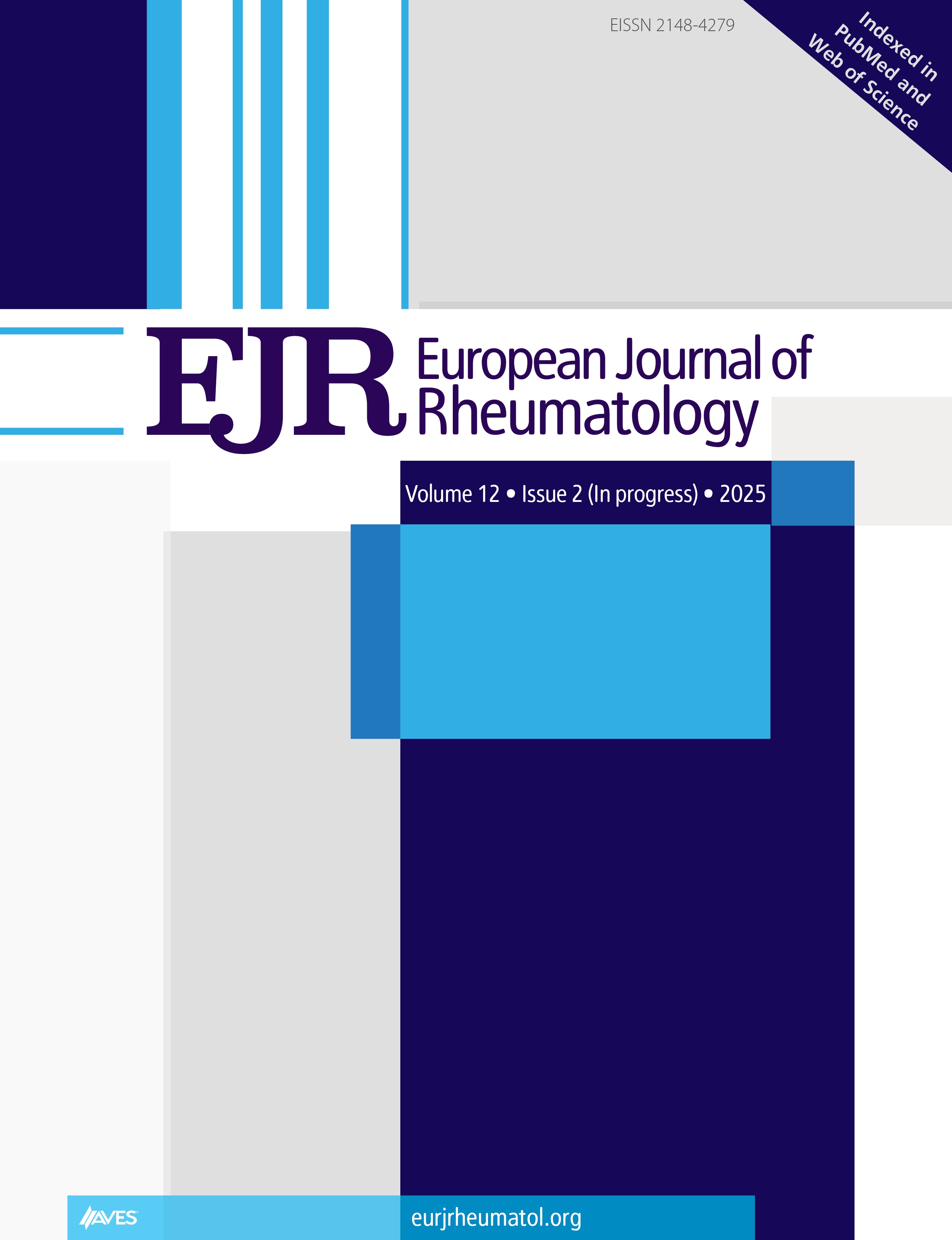Abstract
Objective: We sought to determine the prevalence of and factors associated with self-medication in patients with rheumatic diseases.
Material and Methods: An analytical cross-sectional study was conducted from February to July 2013 in the rheumatology department. We included all patients who consulted for a rheumatic disease during the study period and who gave their consent.
Results: In total, 203 patients were included; of these, 146 patients (71.92%) had practiced self-medication. Furthermore, 99 patients (48.8%) had practiced self-medication for rheumatologic problems. The mean age of the patients was 45.5 years (range: 18–75 years). State officials accounted for 44.4% of patients. Eighty-one patients were schooled. Low back pain (29.29%) was the main reason for consultation, followed by polyarthralgia (12.12%). Using a visual analogue scale, the level of pain for which patients had used self-medication was rated as >70 out of 100 in 57.6% of patients. Fifty-five patients often self-medicated and 28 patients rarely. Drugs were bought from the pharmacy in 97% of cases. The main channel of self-medication was word of mouth (43.4%). The drugs used were mainly anti-inflammatory drugs (diclofenac: 54.54% and ibuprofen: 57.57%). Ten patients were unaware of the risks of self-medication. In multivariate analysis, sex, education level, and occupation were statistically associated with self-medication.
Conclusion: Self-medication for a specific rheumatologic symptom appears less common than self-medication in general. The procedures for responsible self-medication should be defined in Burkina Faso in order to minimize the risks.



.png)